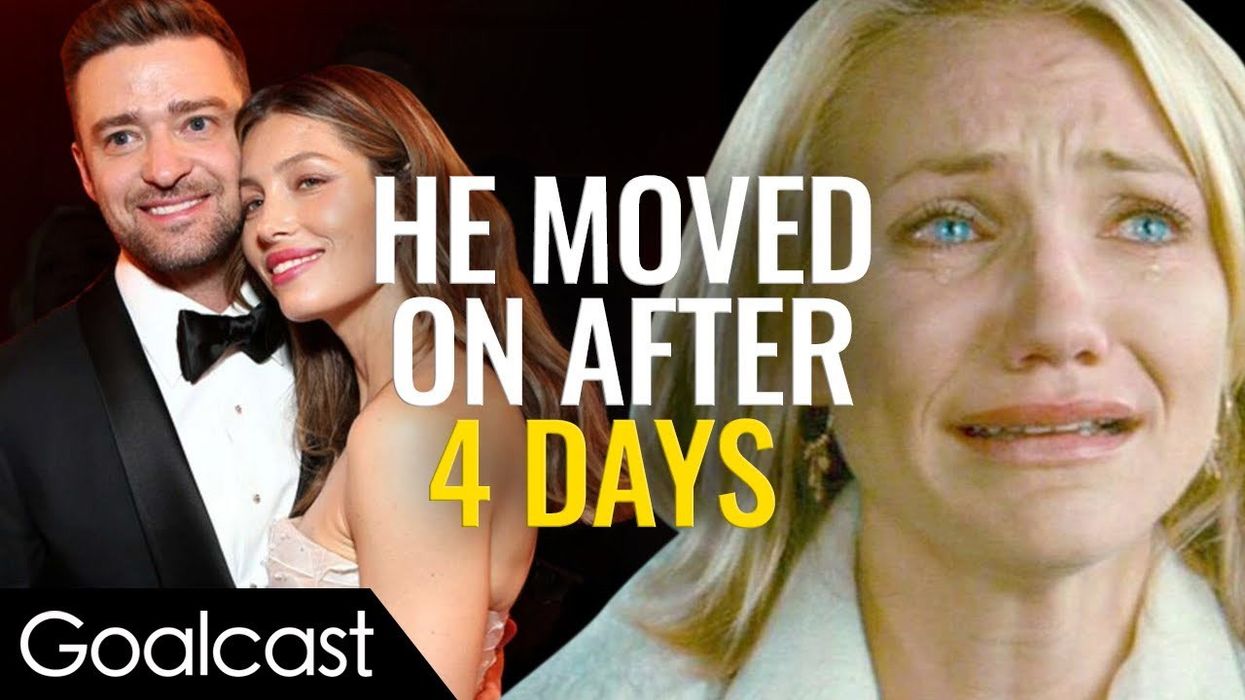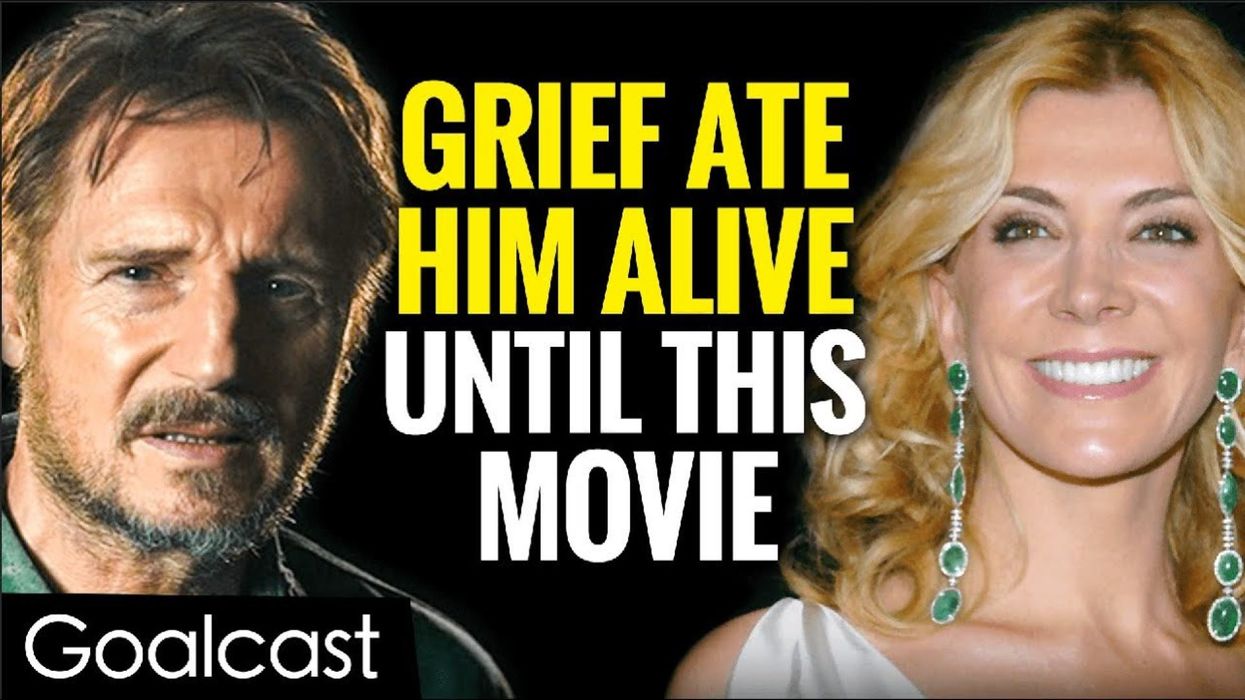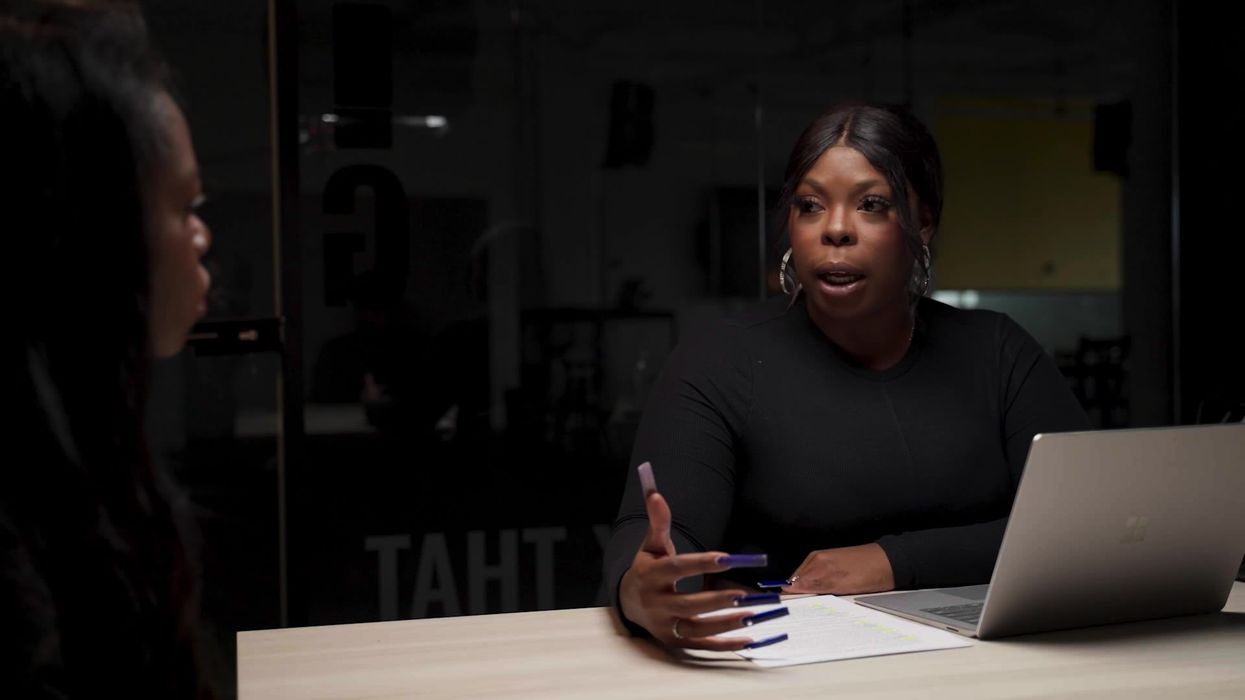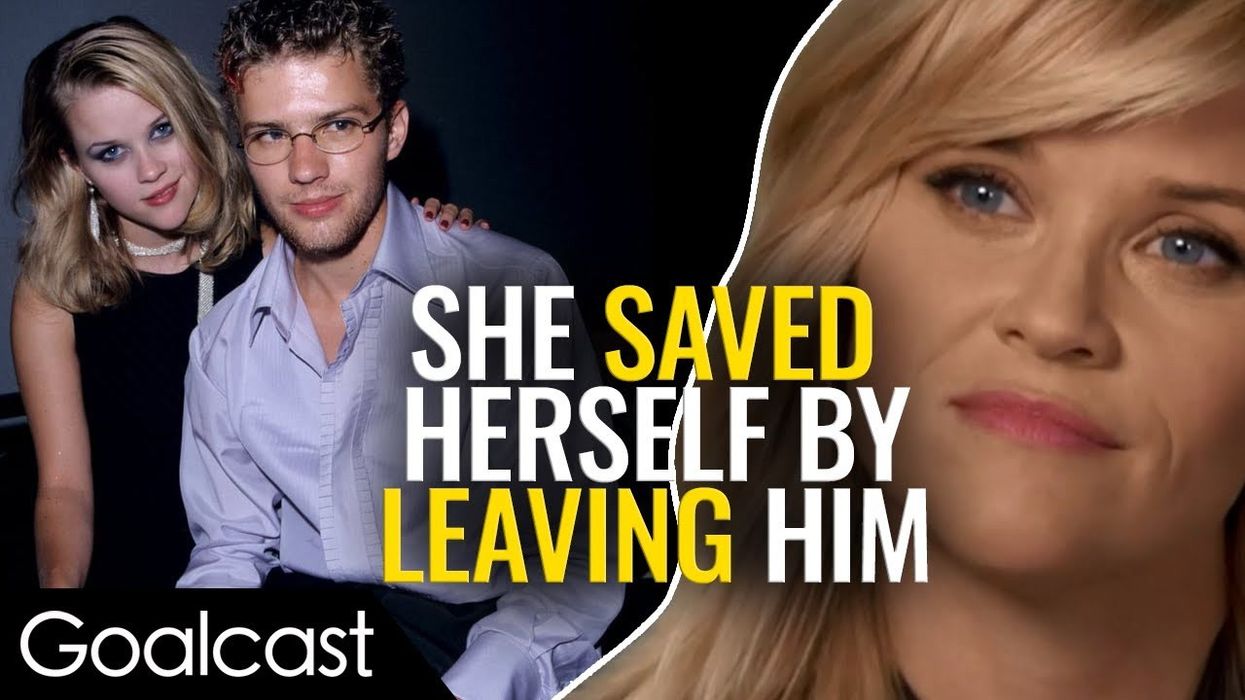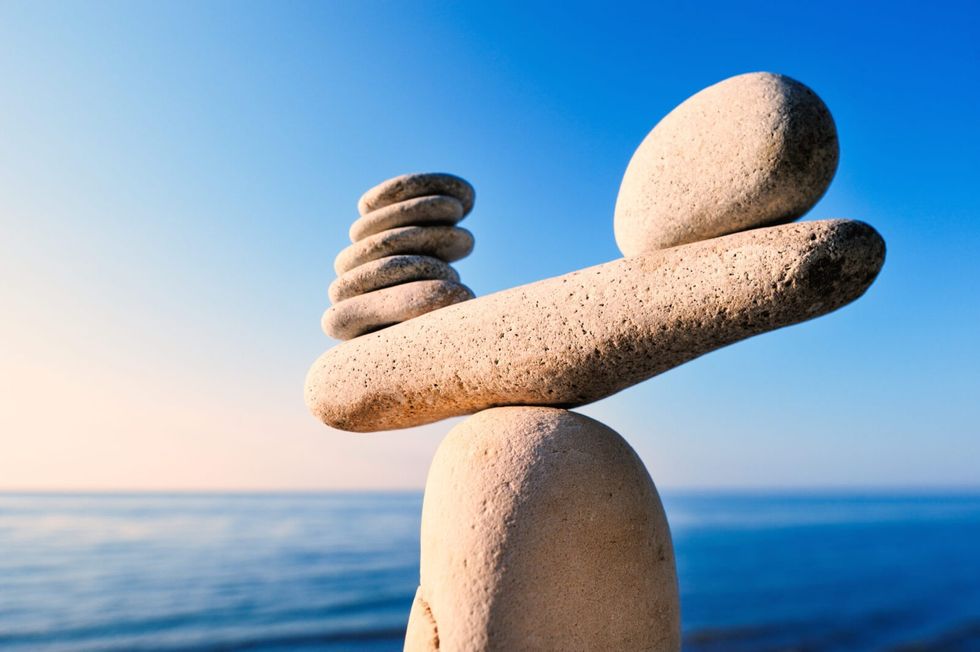
100 Credits a Day: The System for Making Stress Work for Your Goals
What is your relationship with stress like? A tough question to answer, if only because the term ‘stress’ takes on many forms and can fall under many different umbrellas. It might be appropriate to first identify how you perceive and classify stress in your life.
Maybe you describe stress as the anxious feeling you get when you’re stuck in traffic on the highway or arguing with a family member. Maybe you know that stress can also be a good thing, and that it’s a necessary component to one’s athletic performance. But however you define it, you should know that it’s crucial to effectively manage and cope with stress in order to achieve your goals.
100 Credits a Day: The System for Making Stress Work for Your Goals
Every stress leaves an indelible scar, and the organism pays for its survival after a stressful situation by becoming a little older.-- Hans Selye (1907-1982)
Have you ever considered the relationship between stress and your goals?
There are two kinds of stress: distress and eustress. Distress is a negative stressor that causes anxiety, decreases our performance, and leaves us feeling like we aren’t in control. Eustress is a positive stressor, can be motivating, helps us focus, and places control in the hands of the person experiencing it.
Positive or negative, stress must be managed effectively if you are to achieve great things. There’s a high probability that the eyes on this article belong to ambitious people, possibly working long hours. To achieve great things, your actions must be sustainable. Great results are the culmination of many 1% advancements. How do yours stack up?
What you must also understand is that each action, or 1% advancement, is, in some way stressful. Whether it’s distress or eustress, your body is dealing with it, somehow.
If you were to study stress further, the first model of stress you would discover is called the General Adaptation Syndrome (GAS), designed by the “father of stress,” Hans Selye. This theory will help you understand how crucial it is to deal with stress.
The General Adaptation Model is as follows:
Stage 1: Alarm -- the initial reaction of the body to a stress is to label the stressor as a threat or danger.
Stage 2: Resistance -- once the body has acknowledged the stressor, it uses energy and resources to fight against the stressor.
Stage 3: Exhaustion -- as the stressor lingers, the body exhausts itself and gives in. When it’s eustress, stage 3 is when the benefits of things like exercise begin to register. When it’s distress, the exhaustion phase can quickly lead to illness if not handled properly.
Everything you see play out in “real life” -- the good and the bad -- happens in stage 3. The benefits of exercise, like improved fitness, weight loss or mental health, don’t arrive until you’ve exhausted your body to a point where it must adapt to the stress. That’s why you’ve probably heard someone say you must lift more or run faster than you did last time to get continue to improve. It's because your body has already adapted to you running at the previous speed. Exercise is generally a eustress, because the benefits of the stress are positive.
The flipside, however, is that stress can be devastating if you are routinely subjecting yourself to forms of distress and aren’t coping with them. For example, if you stay up all night working and don’t sleep, your immune system will not have time to repair itself. Eventually, you will get sick and be forced to take time off.
How sick? It depends how far into the hole you put yourself. The human body is scarily smart. If you choose not to give it rest or to cope with stress, the body will find a way to get the rest it needs. That might mean you get the flu and are in bed sleeping for days. In cases of chronic, long-term stress left unmanaged, conversations about diseases like cancer become a real threat.
READ: Beware of Burnout: Avoid These 4 Obstacles to Work-Life Balance
It all depends how far down the wormhole you push yourself, and how long you leave your stress unmanaged.
None of this is sustainable for you or your goals, so I implore you to not be one of the internet warriors preaching you must “hustle” past the point of exhaustion to make it.
But how do you keep things balanced? There must be a system in place to measure all of this.
100 stress credits a day
Enter the 100 Credits A Day Model.
If we're given 100 "stress credits" a day to live your best life and work towards your goals, how would you spend them? If once a credit were gone, you could not get it back until the next day, how would that affect your choices?
Just like a bank, there will be days where you “overdraw” your 100 credits. That’s life. This is allowed, but those extra credits come out of the next day like a loan, meaning you might start Tuesday with only 90 credits total. It is on you to get out of the debt you create by scheduling time to cope with that stress and let your body repair itself.
READ: 7 Scientifically Proven Ways to Reduce Stress at Work
By now you should understand that effective work-life balance is not spending equal energy in every area of your life. Work-life balance is simply achieving peace of mind in all of life’s arenas.
Using this model, which areas of your life would you allocate the most credits towards?
100 credits a day will force you to ask yourself some really hard questions. It will show you just how high the stakes are related to stress.
Beep your horn at some idiot on the highway and fume about it for 10 minutes thereafter? There goes five of your credits for the day. Was that exchange really worth it?
Pretend you spend 30 on your family, 40 on your work day, and 15 at the gym on a given workday. That leaves you with 15 credits. Where do they go?
Can you see how if you chose to invest those 15 credits day after day, making small advancements towards a goal you care about, it would all still work out in the end? How that might be a better approach than staying up all night hustling? Wouldn’t you prefer that to getting sick?
READ: Don't Be a Tool: Balancing Work and Well-Being in the Digital Age
No one can tell you the right or wrong way to do it. It’s your body, your life, and your goals.
Stress is a game designed by nature, and she’s undefeated. It’s on you to manage and effectively deal with your stress. Determine the most effective process for spending your daily credits and constantly tinker. Remember the big picture, and that achieving goals won’t matter if you’re too sick to enjoy the benefits of achieving them.
But we all only get 100 credits a day to achieve our goals, so spend them wisely.












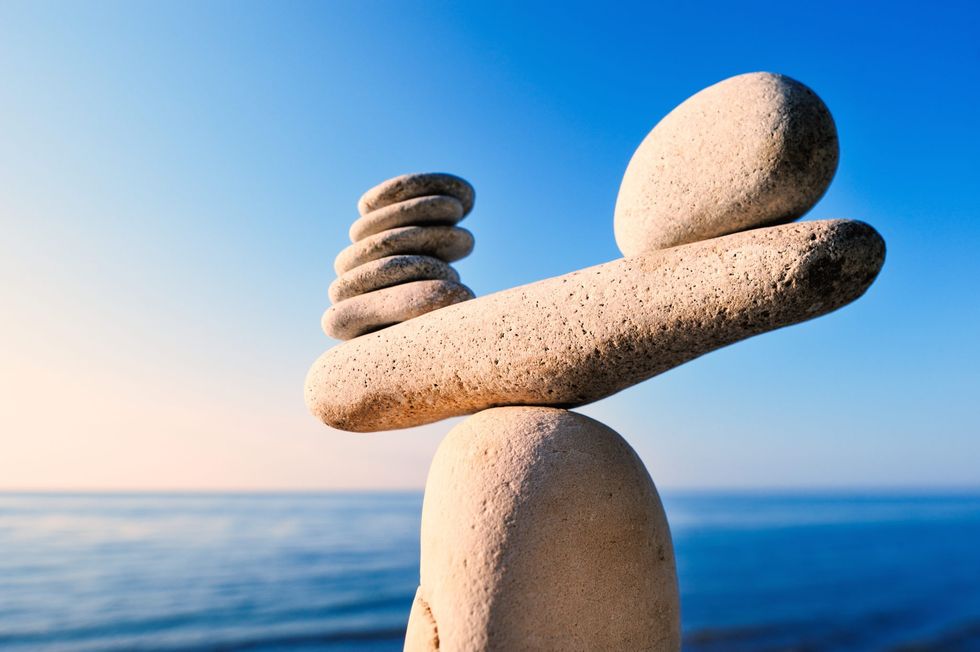
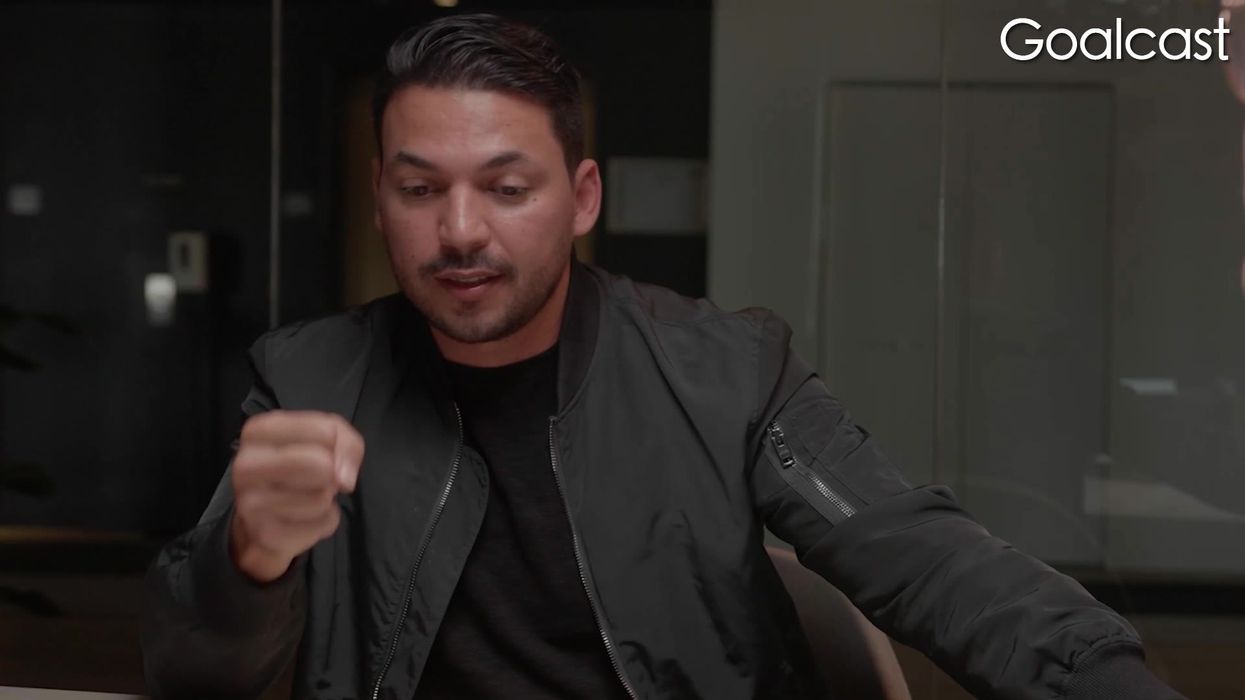




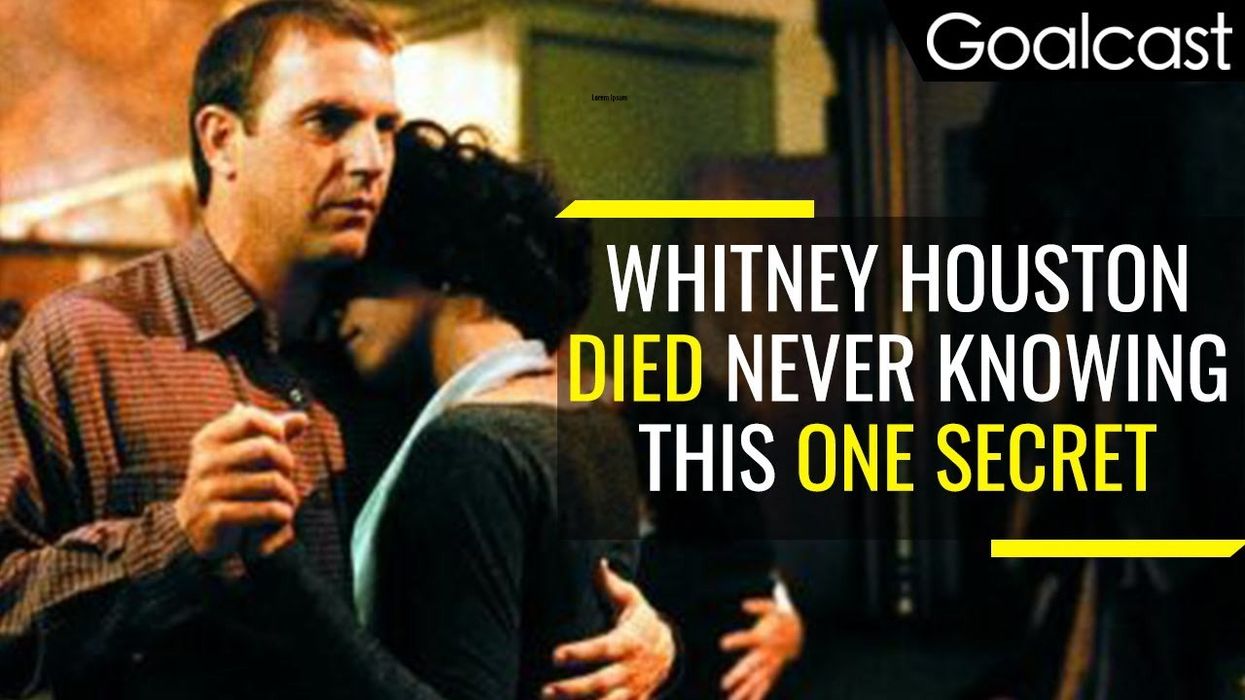

 right human eye
Photo by
right human eye
Photo by  person holding box
Photo by
person holding box
Photo by 

